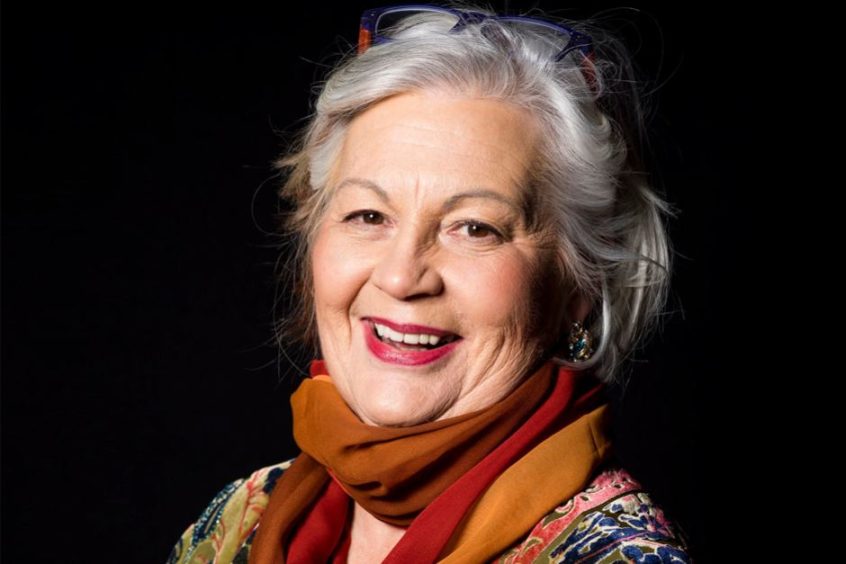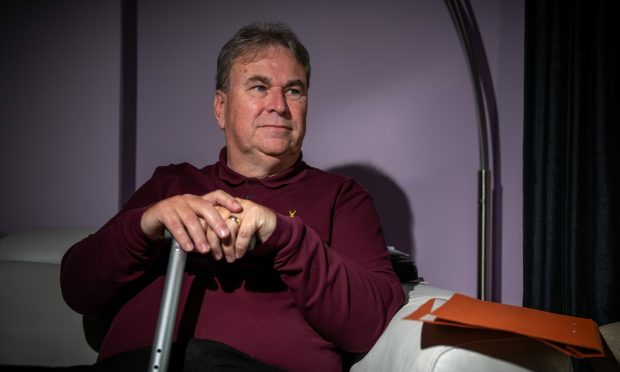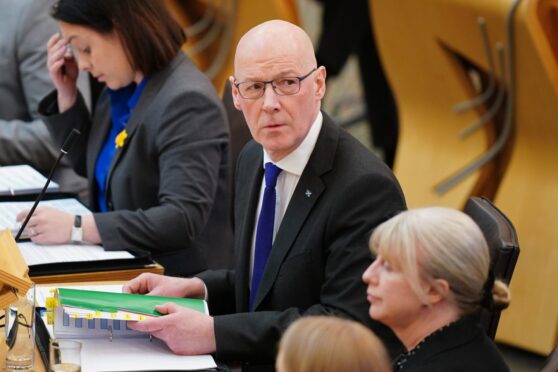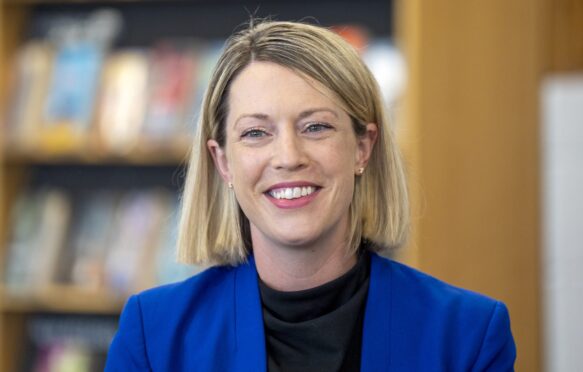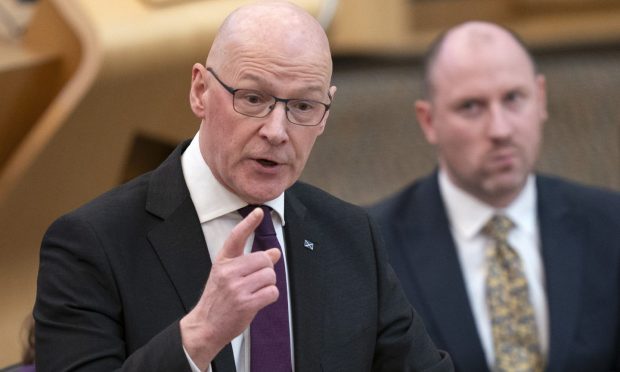The chief executive of Scottish Women’s Aid said she is “terrified” that an economic recession could see local branches close unless funding is protected or increased.
The charity is expecting a “surge” in demand on services as coronavirus lockdown restrictions ease leaving it facing a “perfect storm” with refuges filling up at a time when rehousing efforts of local authorities are “paralysed”.
Dr Scott said the charity is already in a “very fragile” position in the 12 years since austerity hit in 2008, adding that the “salami slicing” of funding from councils “has meant that the sustainability and stability our 36 services is in far worse position than it was 15 years ago”.
She said: “What we are terrified about is that the coming economic recession is going to wipe parts of that network out unless there’s another way to fund the services or something is done to protect the existing funding and increase it for increased demand.
“The surge in demand that we expect to see as lockdown ends…even if we were to be looking at a trajectory in which we have a continued very slow easing of restrictions we are still then faced with this surge of demand on a system that’s barely holding it together.”
At the beginning of lockdown in March, the First Minister announced funding of £1.5 million to both Scottish Women’s Aid and Rape Crisis Scotland to ensure access to these services during the pandemic.
Speaking at the time, Ms Sturgeon said the key message is that people who are suffering domestic abuse “do not have to wait to seek help”.
However, Dr Scott said the charity will need an “infusion of funds to just meet that surge” along with a “long term fix” for the way services are funded as it is currently delivered through a patchwork arrangement of government and local authority funding.
However, the charity’s chief executive said she has been “amazed” at the “flexibility and speed” of the Scottish Government’s support during the pandemic.
Dr Scott added: “It doesn’t mean we don’t need more and better always but we are in close touch with our sister services in England, Wales and Northern Ireland and the Scottish Government has been miles ahead in its response.”
We will need an infusion of funds to just meet that surge and not crumble our already fragile services but what we really need is a long term fix for the way services are funded.”
Dr Martha Scott, chief executive of Scottish Women’s Aid
The charity initially saw a drop in the number of calls to its helpline during the first couple of weeks of lockdown as many women grappled with taking on unpaid emotional labour, as well as managing abuse, with less reaching out to the helpline because they were busy.
However, after this period, the organisation saw calls go up “very dramatically” and it has continued to see a rise in the months since.
Although some of this is Covid-19 related, Dr Scott urged caution on those who insinuate that the lockdown is the cause for domestic abuse.
However, the chief executive does believe the lockdown period has made coercive control “more severe”.
Dr Scott said: “Covid-19 didn’t cause domestic abuse, stress doesn’t cause domestic abuse, unemployment doesn’t cause domestic abuse, it can sometimes relate to some very unattractive behaviours but it’s not domestic abuse and it’s not coercive control.
“Our theory is that lockdown made coercive control more severe.
“We have lots of stories from women who called the helpline or engaged with our services that backs that up because it gives abusers a whole additional set of tools that essentially look like they’re supported by the state.”
Our theory is that lockdown made coercive control more severe.”
Dr Marsha Scott
The situation the charity finds itself in is “exacerbated” by Covid-19 as it had to move a lot of its refuges from multi-family occupancy to single family in a bid to reduce infection and transmission of the virus.
With refuges “essentially full” and rehousing efforts of local authorities “paralysed”, the organisation faces an uphill struggle without protected funding or increased cash.
Scottish Women’s Aid branches across the north-east and Tayside have been like most across Scotland experiencing a steady increase week on week increase in the number of women they have supported during lockdown.
Equalities Minister Christina McKelvie said: “At the outset of the pandemic, the Scottish Government moved swiftly to prioritise the needs of women and children experiencing domestic abuse.
“We continue to work closely with key partners to ensure that front line services supporting women and children experiencing domestic abuse are still able to provide that support.
“For example we invested additional resources of £1.5 million to Scottish Women’s Aid and Rape Crisis Scotland to cover the costs of infrastructure support, hardware costs, IT costs for a helpline, telephone costs and additional staffing.
“We have extended our current funding arrangements for front line services until September next year, and will invite bids to our new Delivering Equally Safe Fund later in 2020.”

